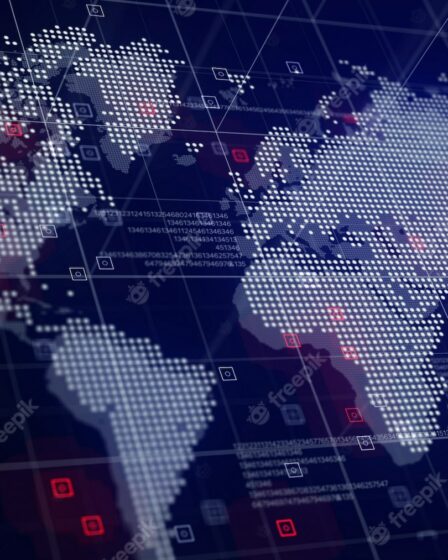March 03, 2014 was a different day for China. It definitely was not a usual Monday – because most parents in Kunming, Yunnan were wondering if it would be a good idea to send their children to school that day. Businessmen in the south western province were not looking forward to a new week either, as customers had reduced by about two-thirds the day before and most small businesses had reported a stagnated growth.
Young Voices
Long March of the New Citizens: Civil Society and Internal Security in China
Prime Minister Narendra Modi’s visit to Xi’an had fuelled hopes on the Chinese side that India was finally warming up to the ‘One Belt One Road’ (OBOR) initiative. Studious silence on this matter is albeit a reminder that New Delhi’s reservations remain steadfast viz-a-viz OBOR. In this context, how insecurities can be managed and a better economic environment can be created in the region emerges as a burning question.
What is OBOR?
Should India Travel the ‘One Belt One Road’?
The bilateral relationship between India and South Korea has made great strides in recent times. In this regard, India’s economic liberalization in early 1990s and adoption of the ‘Look East Policy’ as well as South Korea’s ‘New Asia Diplomacy Initiative’ has played a vital role.[i] Since 1990s, for almost two decades, New Delhi-Seoul relationship was largely driven by economic factors. The strategic context of it was not harnessed adequately until recent times.
Unemployment and Unrest: China’s Internal Stability Concerns from the “New Normal”
The strategy of "Winning hearts and minds" has remained a common factor in the "Global War on Terror" initiated by the Bush Doctrine as well as President Obama’s endeavors abroad. However, the US strategy to counter Al-Qaeda and contain the growth of the Islamic State (ISIS) has largely challenged the concept of “winning hearts and minds”. The extensive use of American air power to attack the Al-Qaeda cells in Yemen and Pakistan, as well as the ISIS targets in Iraq and Syria have faced serious criticisms.
The Role of Nuclear Energy in Pakistan’s Energy Crisis and its Strategic Implications – Part 1 of 2
Development towards production of Tactical Nuclear Weapons (TNWs) by Pakistan has increased much tension in South Asia. Experts from around the world have been recognizing and highlighting the risks that come along with the introduction of TNWs. The difficulties that the US and the former Soviet Union had in managing these weapons have been well established. When examined in the South Asian context, studies have accepted that these difficulties only worsen and have recommended that Pakistan should do away with these weapons, if stability is to be realized in the region.
The Role of Nuclear Energy in Pakistan’s Energy Crisis and its Strategic Implications – Part 2 of 2
While the news of al-Qaeda’s South Asian wing has taken India by storm, there was another piece of news, which did not receive so much media attention in the country. On September 2, some of Taliban’s hard-line leaders had said that they might consider aligning with the Islamic State (IS) after considering the legitimacy of its Caliphate.[i]
Cancellation of India-Pakistan Foreign Secretary-level Talks
The burning issue under which Nawaz Sharif ran his election campaign last year was Pakistan’s economic debt and its acute energy shortage. The energy crisis gripping the nation has not only resulted in long hours of power shortages and load shedding but has adversely impacted the economy with commercial sectors and industries facing the brunt of the energy crunch.
Space Cooperation: a New Avenue for India-South Korea Bilateral Engagement
Safety and Security Concerns Regarding Pakistan’s Nuclear Energy Policy
India and the US Re-balance to the Asia-Pacific
With 2014 marked as the Chinese New Year of the Horse, India and China have galloped together into taking new strides in their bilateral relations.
Bleeding Security: Vulnerabilities in Protocols, Standards and Software
It has been little more than two months that the Bharatiya Janata Party (BJP) led National Democratic Alliance (NDA) under the leadership of Prime Minister Narendra Modi has come to power in New Delhi after defeating the Congress-led United Progressive Alliance (UPA) government that governed India for ten years.
